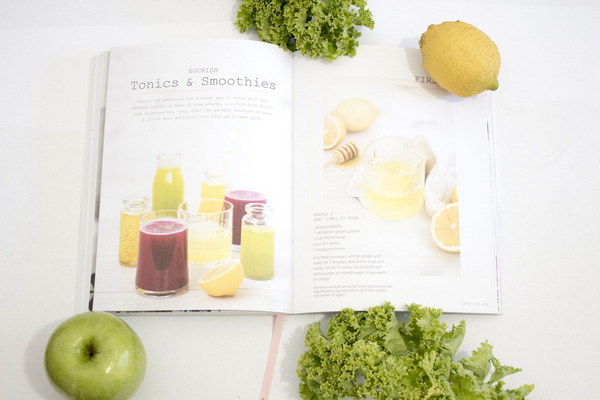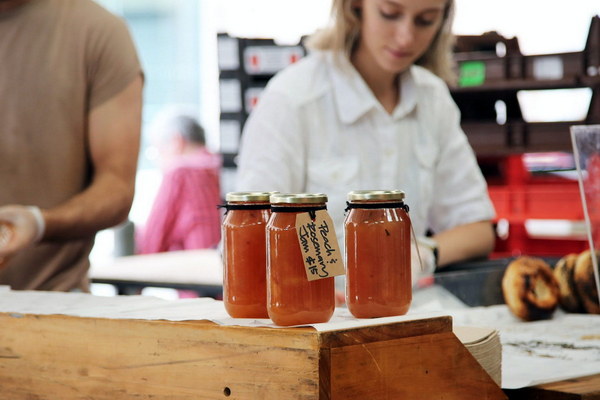Nurturing Your Little One A Seasonal Baby Care Guide
In the ever-changing tapestry of nature, seasons play a crucial role in shaping our health and well-being. As parents, it is essential to understand how the changing seasons affect our little ones and adapt our baby care routines accordingly. This article delves into the art of seasonal baby care, offering insights and practical tips to ensure your baby stays healthy and happy throughout the year.
Spring: Awakening the Baby's Vitality
Spring marks the transition from winter's dormancy to a period of renewal and growth. It is a time when nature awakens, and so should your baby's care routine.
1. Gentle Skincare:
Spring brings with it a surge in pollen and dust, which can irritate sensitive baby skin. Use gentle, hypoallergenic skincare products to protect your baby's delicate complexion.
2. Light Clothing:
As temperatures rise, opt for lightweight, breathable fabrics to keep your baby cool and comfortable. Avoid overly tight clothing that can hinder circulation.
3. Outdoor Play:
Spring is the perfect season for outdoor play. Take your baby for walks, ensuring they are protected from the sun with a wide-brimmed hat and sunscreen. Fresh air and sunlight are vital for vitamin D synthesis, which aids in bone development.
4. Balanced Diet:
Introduce seasonal fruits and vegetables, such as strawberries, asparagus, and leafy greens, into your baby's diet. These foods are rich in nutrients and can help boost their immune system.
Summer: Cooling the Baby's Body
Summer is a time when the heat can take a toll on your baby's health. It is crucial to prioritize cooling measures to prevent heat-related illnesses.
1. Hydration:
Ensure your baby is well-hydrated by offering small, frequent sips of water or breastmilk. Avoid sugary drinks and opt for natural, homemade cold beverages.
2. Sun Protection:
Sunscreen is a must, especially when the sun is at its peak. Apply a broad-spectrum sunscreen with an SPF of at least 30 to protect your baby's delicate skin from harmful UV rays.
3. Cooling Clothing:
Choose lightweight, breathable fabrics like cotton and linen to keep your baby cool. Dress them in loose-fitting clothing and avoid synthetic materials that can trap heat.
4. Air Circulation:
Keep your home well-ventilated to promote a cool environment. Use fans and air conditioners judiciously to maintain a comfortable temperature.
Autumn: Nurturing the Baby's Immunity
Autumn brings a mix of cooler temperatures and the start of flu season. It is essential to focus on building your baby's immune system.
1. Nutritious Foods:
Incorporate immune-boosting foods into your baby's diet, such as citrus fruits, garlic, and ginger. These foods can help strengthen their immune response.
2. Indoor Play:
As the weather cools, increase indoor playtime to keep your baby active and engaged. Consider activities that promote fine motor skills, such as puzzles and coloring books.
3. Adequate Sleep:
Ensure your baby gets enough sleep to support their immune system. A well-rested baby is less susceptible to illness.
4. Hand Hygiene:
Teach your baby proper handwashing techniques to prevent the spread of germs. Regular handwashing is crucial during flu season.
Winter: Keeping the Baby Warm
Winter is a time when temperatures drop, and it is essential to keep your baby warm and cozy.
1. Insulating Clothing:

Layer your baby's clothing to provide insulation against the cold. Use thermal and waterproof outerwear to protect them from the elements.
2. Indoor Temperature:
Maintain a warm, comfortable indoor temperature, ideally between 68°F and 72°F (20°C to 22°C). Use a space heater or fireplace with caution, ensuring it is safe for your baby.
3. Safe Heating:
Be cautious of fire hazards, such as open flames and portable heaters. Keep your baby away from heat sources to prevent burns.
4. Adequate Hydration:
Despite the cold weather, it is still essential to keep your baby well-hydrated. Offer warm liquids, such as herbal teas or warm milk, to keep them hydrated and warm.
In conclusion, seasonal baby care is a delicate balance of adapting to the changing weather and ensuring your little one's health and happiness. By understanding the unique needs of your baby during each season, you can create a nurturing environment that supports their growth and development. Remember, your baby's well-being is your top priority, and with these seasonal care tips, you can provide the best possible care for your little one throughout the year.









